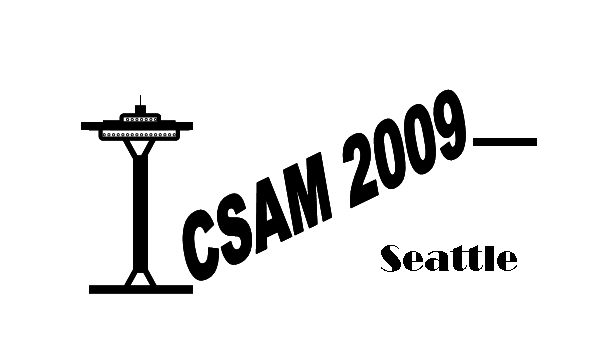Heat Resistant Cast Steels – commonly designated as CRES (Corrosion RESistant steels) - are widely used for manufacturing of superplastic forming tools, especially if service temperature exceeds 700°C, as for titanium alloy forming. Long term exposure at high temperature combined with thermal stresses generated during the forming cycles cause many microstructure evolutions, oxide formation and spallation, creep and distortion and finally fatigue crack initiation and propagation. Optimum material grade choice and die design have to take into account all these combined environmental parameters. On the other hand as die manufacturing lead-time and cost are high, repair procedures have to be optimised with respect to fatigue loads. This paper aims to give an overview of major results obtained on these topics, at the Research Centre on Tools, Materials and Processes, during the last 12 years in the frame of several PhD works performed with industrial partners. Several material grades have been investigated in keeping the chromium content constant (i.e. close to 25%) whereas Nickel content varies form 1% with a ferritic structure to 50% austenitic alloy. The die casting production route induces also two major grain structures : the outer columnar and the inner equiaxed. High temperature mechanical investigations have been performed (monotonic and creep) on this structures. Major results in life time investigations in isothermal and anisothermal (with out of phase temperature and strain variations) are also reported on as produced and repair-welded materials.
<< back
ICSAM 2009
June 29 - July 2, 2009
Bell Harbor International Conference Center
Seattle Washington
International Conference on Superplasticity in Advanced Materials 2009
10th International Conference on Superplasticity in Advanced Materials
©2008 University of Washington. All rights reserved.
©2008 University of Washington. All rights reserved.